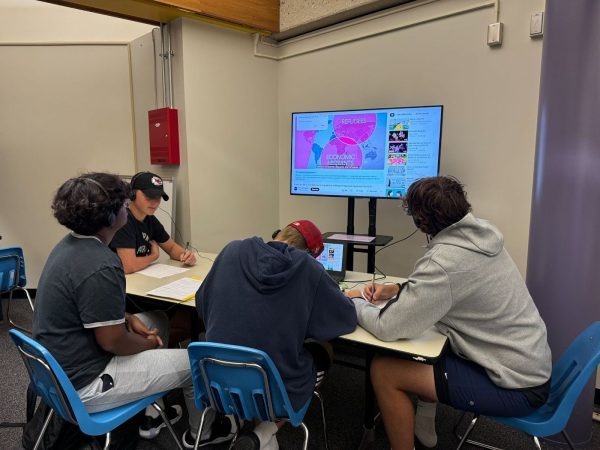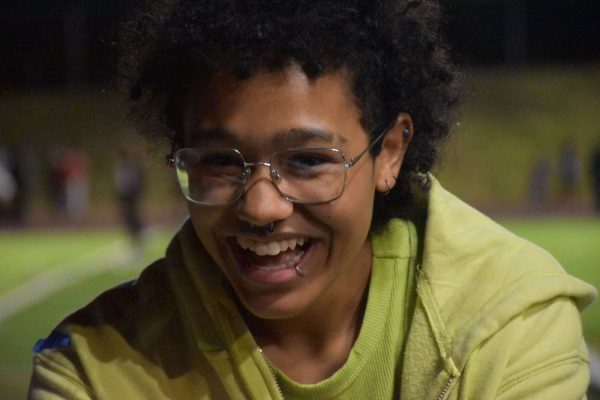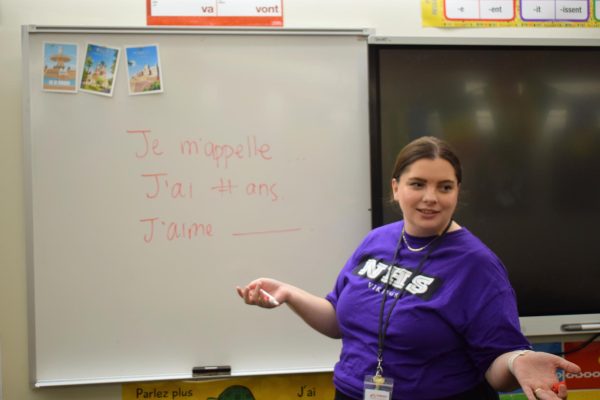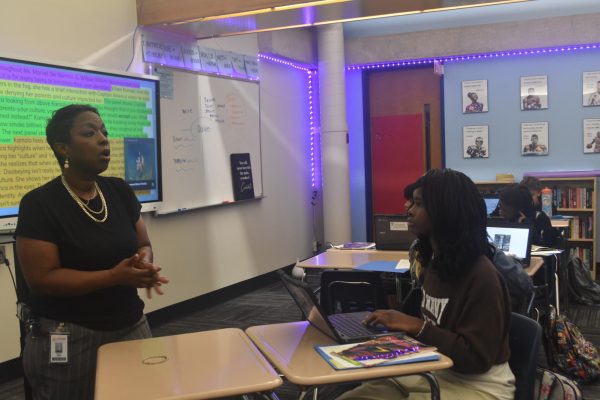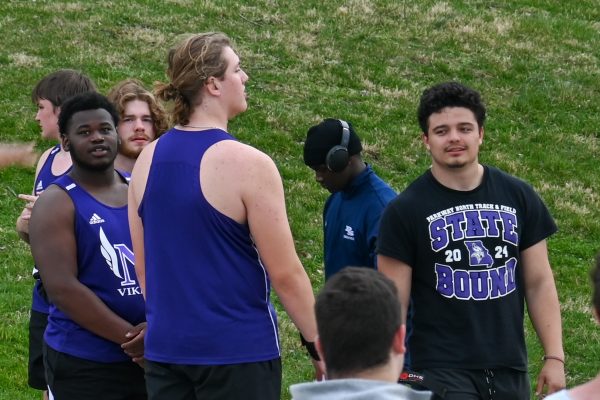Students Strive To Find Balance Between Sports And Academics
As the school year progresses, students are working to balance extracurricular activities and school work. However, this balance is difficult to find for many people due to the amount of time and energy these activities require.
“The amount of energy that you use for tennis or any sport in general is going to make you at least a little bit tired, and that ties into finishing all of your homework,” said senior Joseph Kang, a varsity tennis player for North.
Students have only so many hours in a day, and sometimes homework can be placed last in the day. If a student is tired due to an after-school activity, it may be difficult for them to concentrate on their studies. On top of the energy exerted towards sports, there is also often a significant amount of time spent within these activities.
“Practice is two and a half hours and games are three and a half hours to four. We usually practice three days a week, and then on Fridays, we have the football game. Maybe by only having practices last until 4:30 p.m., it would allow us to have more time to do homework,” said junior Ana Pancini, a varsity cheerleader for North.
Even if a student isn’t too tired, they may simply lack the amount of time needed to finish other activities. Students like Pancini and Kang have a lot to balance, and this balance requires planning ahead. Sophomore Michael D’Alfonso, a varsity cross country runner for North stated the essential need for sleep and time management.
“When I have three or four tests in a week, I have to really manage my time if I want any sleep,” said D’Alfonso.
Despite the drawbacks of being involved in after-school activities, students benefit from sports and other activities in different ways.
“Tennis helps me make more friends, so it does help me socially at school,” said Kang.
Sports can also help students maintain their mental and physical health. According to the Centers for Disease Control and Prevention’s Youth Risk Behavior Survey, athletes are more likely to partake in healthy lifestyle choices including better diets and less risk-taking behaviors.
Despite there being drawbacks when dealing with the stresses of school, a student may have to consult with their coaches in order to form a plan that minimizes stress on the student. This may help to combat the downsides of sports and bring out more of the upsides.
“If you will be swamped with tests then talk to your coach to figure out the plan that week. You should also study on the days you have more time. Obviously, if you need to study for something, you should do that, but if you don’t sleep, you won’t understand it either,” said D’Alfonso.
While finding a balance between school, sleep, and after-school activities are difficult, many students figure out a way to do it every year.
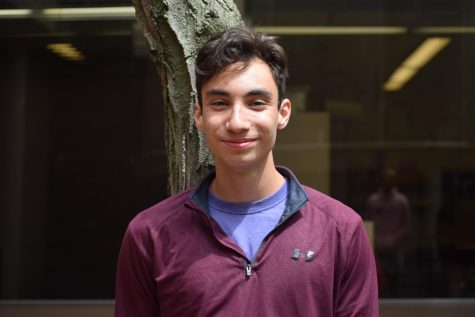
Hey, my name is Aiden, and this is my second year as a staff member for the Norsestar newspaper. This year I am a Podcast Personality, and I am really...


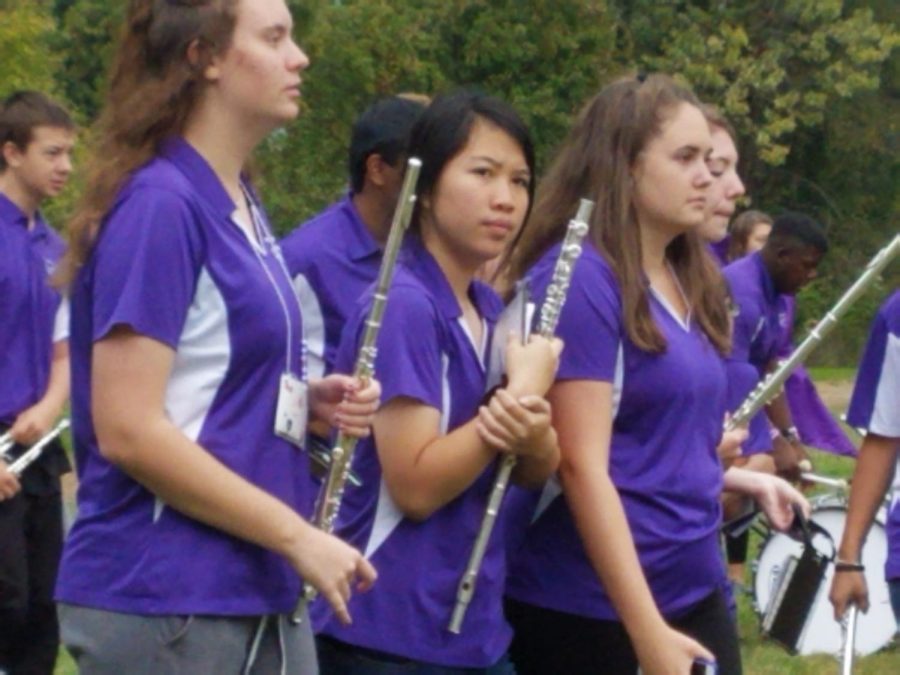
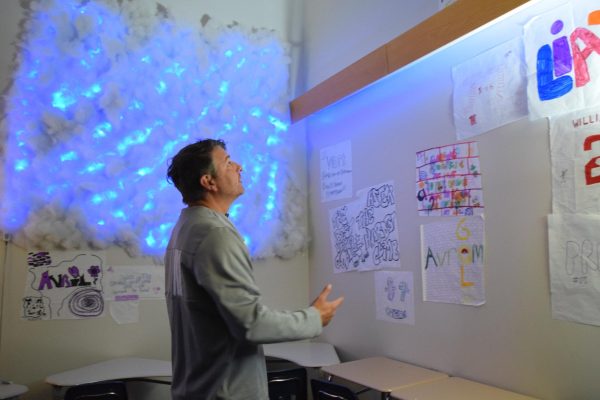

![There are many AI sites and apps available. “You don't [stop students from using AI] - you teach them how to use it,” social studies teacher Melody Barger said.](https://pnhnorsestar.com/wp-content/uploads/2025/01/AI-600x400.jpg)
